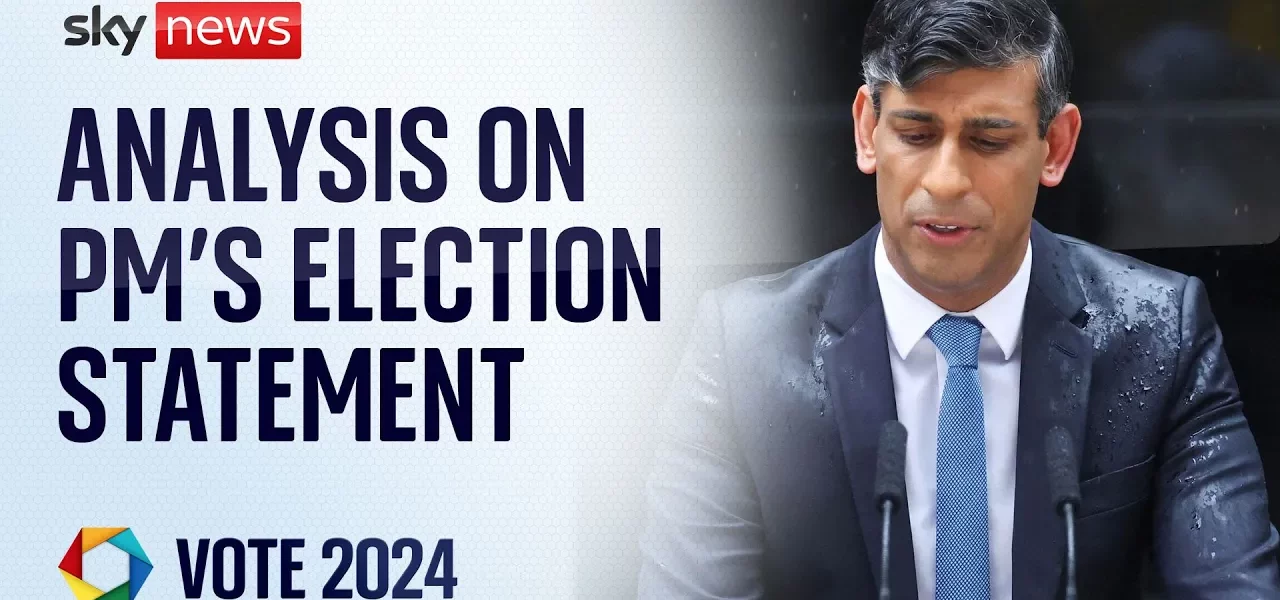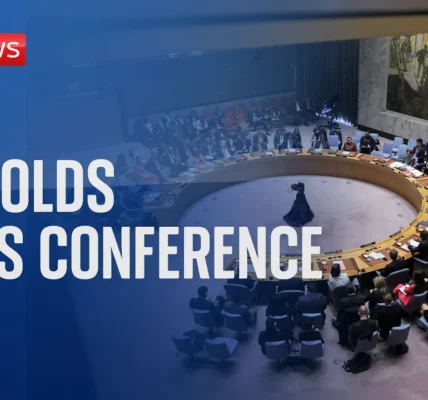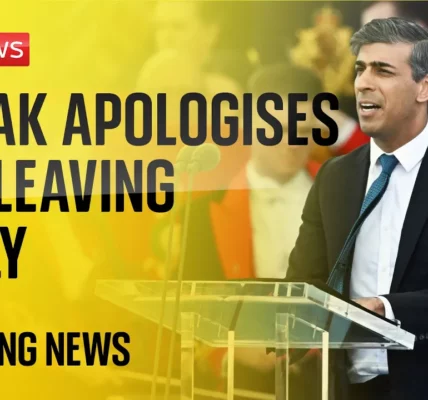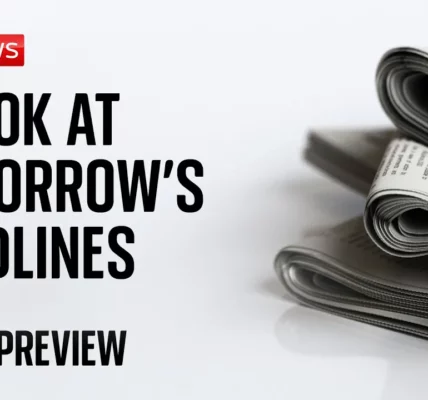Prime Minister Rishi Sunak Calls Snap Election for July 4

In a surprising turn of events, Prime Minister Rishi Sunak has announced a snap election, set for July 4. This article delves into the details of his announcement, the political landscape, and the strategies both the Conservative and Labour parties are likely to employ as the campaign unfolds.
Introduction
On a rainy day reminiscent of political challenges, Prime Minister Rishi Sunak called for a snap election, stating that the date will be July 4. This announcement is pivotal for the current political climate in the UK, especially as it comes amid significant scrutiny regarding the Conservative Party’s recent performance in local elections. Sunak’s announcement was accompanied by a backdrop of music that ironically signaled optimism, despite the drenching he faced from the weather. This article explores the implications of this election, the strategies employed by the Prime Minister, and the challenges ahead for both the Conservative and Labour parties.
Political Context of the Snap Election
The decision to call a snap election is laden with risk, particularly given the Conservative Party’s current standing in the polls, where they lag behind Labour by as much as 20 points. Sunak’s declaration comes after a series of local election defeats, marking one of the worst performances for the Conservatives in decades. This section outlines the political context surrounding the election call.
The Impact of Local Elections
Recent local elections saw the Conservatives lose significant ground, which has raised questions about Sunak’s leadership and the party’s direction. Key points include:
- Conservative Party’s performance in local elections was dismal, reflecting voter dissatisfaction.
- Sunak acknowledges past missteps under previous Conservative administrations, including those led by Liz Truss and Boris Johnson.
- The party’s majority from 2019 appears increasingly fragile, with mounting pressure from opposition parties.
Campaign Strategies and Themes
As the campaign gears up for the July 4 election, both parties are focusing on specific themes that resonate with voters, particularly in the face of a cost-of-living crisis and economic uncertainty. This section delves into the strategies and key issues likely to dominate the election campaign.
Conservative Party’s Messaging
Sunak’s campaign strategy revolves around emphasizing the achievements of his administration while outlining plans to tackle pressing issues such as:
- Economic Stability: Sunak aims to position himself as the candidate who can ensure economic recovery and stability.
- National Security: The Prime Minister has highlighted the dangers in the current global landscape, asserting that his leadership is crucial for national defense.
- Energy Security: Addressing energy concerns is critical, especially in light of recent global events affecting supply lines and prices.
Labour Party’s Response
The Labour Party, led by Keir Starmer, is preparing to counter the Conservative narrative by:
- Highlighting the lack of a coherent plan from the Conservatives, as Sunak himself has pointed out.
- Focusing on economic issues, particularly the cost-of-living crisis, which resonates with many voters.
- Positioning Labour as the party of change, advocating for policies that directly address the needs of everyday citizens.
The Role of Media and Public Perception
Media coverage and public perception will play a critical role in shaping the election outcome. The dramatic optics of Sunak’s announcement, including the rain-drenched setting, may impact how voters perceive his leadership capabilities. This section looks at the influence of media and public sentiment on the campaign.
Media Coverage
Media coverage of the election announcement has been extensive, with particular focus on:
- The symbolic nature of the weather during the announcement, which contrasts with the optimistic tone of Sunak’s message.
- Critiques of Sunak’s choice to make the announcement outdoors, which some have described as poor judgment.
- The potential for gaffes and missteps to be highlighted in the run-up to the election, influencing voter sentiment.
Conclusion
In conclusion, Prime Minister Rishi Sunak’s call for a snap election on July 4 marks a significant moment in UK politics, setting the stage for a fierce electoral battle. With the Conservative Party facing substantial challenges, including a lack of public confidence, Sunak’s gamble could either reinforce his leadership or lead to further political turmoil. As the campaign unfolds, it is crucial for voters to stay informed about the key issues and party strategies. We encourage you to follow our coverage for the latest updates and analyses as the election approaches. Your voice matters—make sure to participate in shaping the future of the UK on July 4!
“`




